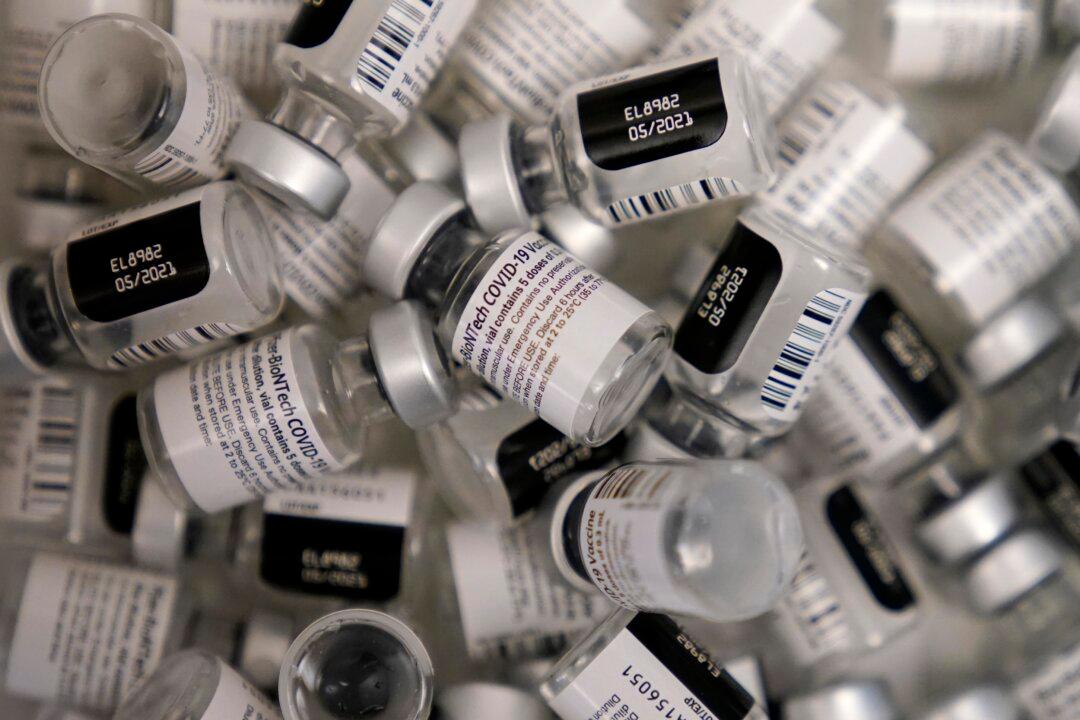Pfizer Inc and BioNTech’s COVID-19 vaccine is around 91 percent effective at preventing the disease, they said on Thursday, citing updated trial data that included participants inoculated for up to six months.
The shot was also 100 percent effective in preventing illness among trial participants in South Africa, where a new variant called B1351 is dominant, though the number of those participants was relatively small at 800.





